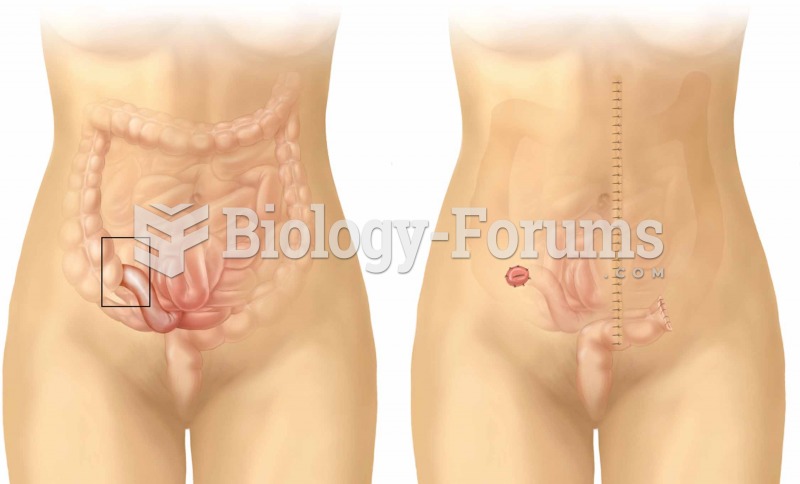|
|
|
More than 50% of American adults have oral herpes, which is commonly known as "cold sores" or "fever blisters." The herpes virus can be active on the skin surface without showing any signs or causing any symptoms.
Patients who have been on total parenteral nutrition for more than a few days may need to have foods gradually reintroduced to give the digestive tract time to start working again.
To combat osteoporosis, changes in lifestyle and diet are recommended. At-risk patients should include 1,200 to 1,500 mg of calcium daily either via dietary means or with supplements.
The use of salicylates dates back 2,500 years to Hippocrates's recommendation of willow bark (from which a salicylate is derived) as an aid to the pains of childbirth. However, overdosage of salicylates can harm body fluids, electrolytes, the CNS, the GI tract, the ears, the lungs, the blood, the liver, and the kidneys and cause coma or death.
The term bacteria was devised in the 19th century by German biologist Ferdinand Cohn. He based it on the Greek word "bakterion" meaning a small rod or staff. Cohn is considered to be the father of modern bacteriology.
 A vasectomy, showing how each vas deferens is tied off in two places and then a section is removed f
A vasectomy, showing how each vas deferens is tied off in two places and then a section is removed f
 Appendectomy. The appendix and cecum are brought through the incision to the surface of the abdomen.
Appendectomy. The appendix and cecum are brought through the incision to the surface of the abdomen.
 Organs of the urinary system. This illustration is an anterior view of a female with the abdominal w
Organs of the urinary system. This illustration is an anterior view of a female with the abdominal w




